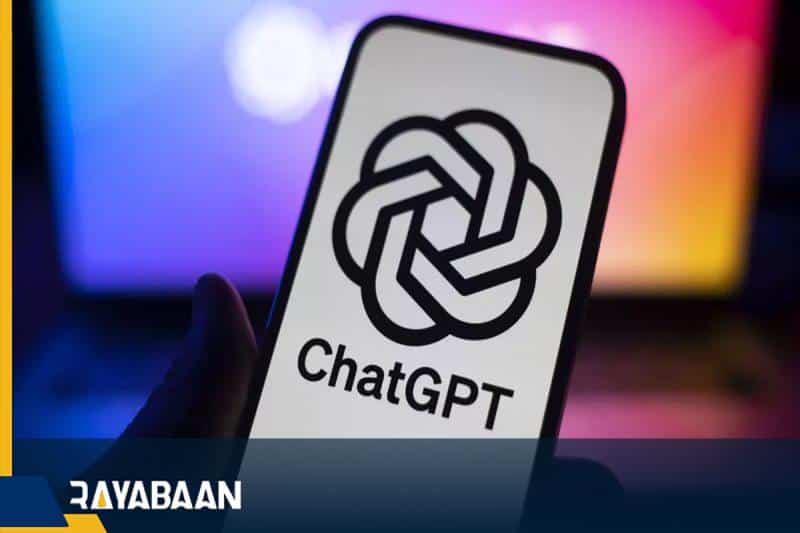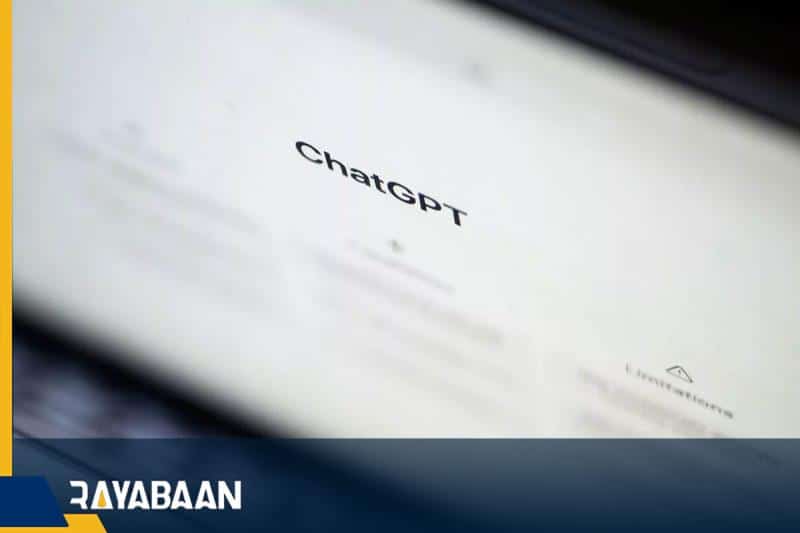For the first time, OpenAI was sued for publishing false information by ChatGPT
ChatGPT has accused the operator of embezzlement and is now seeking unspecified financial damages from OpenAI.
OpenAI has been hit with its first defamation lawsuit over false information provided by its ChatGPT AI.
A radio host named Mark Walters sued OpenAI after ChatGPT falsely claimed he had been accused of defrauding a non-profit organization. ChatGPT has responded to a journalist’s request, Fred Riehl, and now Walters is seeking unspecified monetary damages from OpenAI by filing a lawsuit in the Georgia Supreme Court.
False information provided by ChatGPT

The filing states that Riehl asked ChatGPT to summarize a federal court case. OpenAI provided a summary of the case that, while detailed and compelling, contained several inaccuracies, such as false allegations against Walters.
The description provided by ChatGPT states that Walters embezzled “more than $5 million” from a gun rights nonprofit called the Second Amendment Foundation, although Walters has never been charged.
In recent times, there have been widespread complaints about false information generated by ChatGPT and other chatbots, and this case has therefore received a lot of attention. In fact, chatbots have no reliable way of distinguishing fact from fiction, and when asked about certain information (especially when asked to confirm a fact), in some cases they will falsify incorrect dates, facts, and figures.

Although OpenAI warns on ChatGPT’s home page that their system “may sometimes generate false information,” the company also touts its AI model as a source of reliable data and advertises it as a way to “get response” and “learning” described. Sam Altman, the CEO of OpenAI, has also said many times that he prefers to learn new information from ChatGPT than from books.
However, it remains to be seen how OpenAI will react to this lawsuit and what the court will issue.

